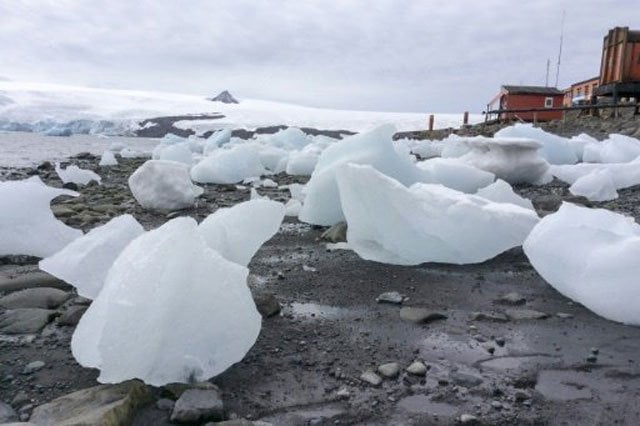In 2023, scientists confirmed that the Antarctic experienced record-low levels of sea ice due to climate change, as detailed in a report published on Monday by the British Antarctic Survey (BAS).
The study revealed that the extent of winter Antarctic sea ice reached its lowest point since satellite records began in the late 1970s. Without the influence of climate change, this event would have been a one-in-a-2,000-year occurrence, but under its effects, it became four times more likely.
Experts caution that the unprecedentedly low levels of Antarctic sea ice suggest a potential transition to a new, lower state in the coming decades. They emphasized that climate change significantly increased the likelihood of the extreme low observed in 2023.
Lead author Rachel Diamond noted that while climate change played a crucial role in the event, the rarity of the occurrence was still exceptional according to the models.
Considering the challenges of assessing sea ice extent with limited satellite data, Diamond highlighted the significance of climate models in understanding the event’s rarity. These models projected that the record-breaking minimum sea ice extent would have been exceedingly rare without climate change.
Co-author Louise Sime underscored the profound impacts of prolonged low Antarctic sea ice levels on both local and global weather patterns.









